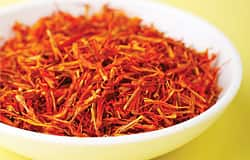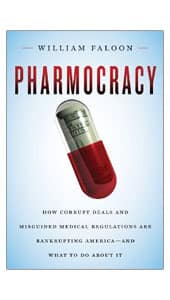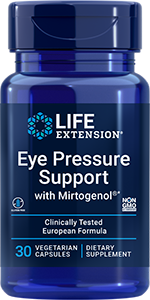| Up to 4 million Americans are chronically infected with the hepatitis C virus. About 20 percent of these people will develop cirrhosis of the liver, possibly followed by liver cancer. Hepatitis C is the most common cause of liver transplant in the United States. Hepatitis C is an insidious viral disease because most people are unaware of their initial infection. Instead, the acute phase usually passes with minimal symptoms before turning into chronic hepatitis C infection. Many people have the disease for decades before it is diagnosed. Often people are diagnosed with chronic hepatitis C as a result of blood work performed for other medical conditions. Chronic hepatitis C is dangerous because the virus causes high levels of free radicals to form in the liver. These free radicals put serious oxidative stress on the liver, which depletes protective antioxidants in the liver and eventually kills the liver cells. The disease is characterized by periods of fluctuating liver damage, with flare-ups of acute hepatitis over the course of the infection. Over time, this steady attack on the liver causes scar tissue (fibrosis), which can lead to cirrhosis if left untreated. The following supplements have been shown to reduce liver oxidative damage, lower iron, and boost the effectiveness of conventional drugs: - Calcium citrate—1000 to 2000 milligrams (mg) daily with iron-containing foods to block iron absorption
- Lactoferrin—900 mg daily, to block iron, in divided doses
- Lipoic acid—750 mg in three divided doses daily
- NAC—600 mg daily
- Whey protein isolate—20 to 40 grams (g) daily
- Glutathione—500 mg daily, on an empty stomach
- Silibinin extract—900 mg daily, in two divided doses
- SAMe—1200 mg daily, in three divided doses
- PPC—1800 to 3600 mg daily
- Green tea extract (93 percent polyphenols)—750 mg daily
- Garlic (high allicin)—900 mg daily
- Aged garlic extract (Kyolic®)—1200 mg daily
- Selenium—200 to 600 micrograms (mcg) daily
- Vitamin E—400 international units (IU) daily with at least 200 mg gamma tocopherol
- Vitamin C—2000 mg daily (on an empty stomach to minimize the increased iron absorption caused by vitamin C)
| Interactive Life Extension Magazine® September 2011 issue now online! 
This e-issue of Life Extension Magazine® is extraordinarily easy to use, easy-to-navigate … with the same flip-the-page feeling you get from your printed copy, plus a few extra advantages. You can choose to search out a topic or keyword. Skim quickly. Skip ahead. Even order products. Why don't more wealthy people fund aging research?
By Aubrey de Grey , PhD
Aubrey de Grey describes how regenerative medicine may rejuvenate the human body and postpone aging indefinitely. Aubrey summarizes where this science stands and explains why more wealthy people are not funding research aimed at reversing aging processes. Programming genes to extend life span, by Charles Platt
Avant-garde scientists talk about the latest strategies for reprogramming genes and boosting longevity. Research funded by Life Extension® could lead to therapies that reverse human aging
Age-related mitochondrial decay in turn lies at the core of most degenerative diseases. Lipoic acid may induce a profound regeneration of these cellular powerhouses, thwarting the onset of cancer, heart disease, and more. New initiative to accelerate antiaging research
An ambitious and novel plan is launched that presents research projects to interested parties via email for the purpose of rapidly raising funds to find an aging cure. Reducing the risks of high cortisol, by Jan Whiticomb
A low-cost supplement called rhodiola combats cortisol's lethal effects. Protect your body against today's toxic deluge,
by Philip Domenico, PhD and Carey Monserrate
The liver-protective silymarin complex contained in extracts of milk thistle may halt and even reverse externally induced liver damage. |















